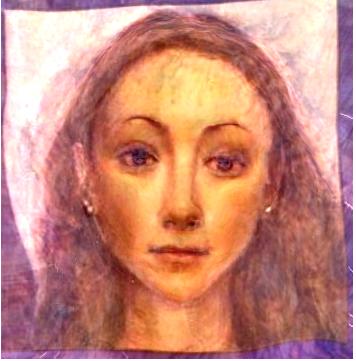Preheat oven to 350°.
1 Pound raw almonds (~3 cups)
2 Tablespoons olive oil
2 Teaspoons coarse salt/margarita salt
1.5 Teaspoons food-grade malic acid (1lb, $10 online)
Toss almonds in bowl with olive oil. Spread on cookie sheet and roast 10-12 minutes (basically until it smells like roasted nuts in the kitchen).
I used a large mortar-and-pestle to grind the salt and malic acid together so it would be more like the powder found on the store-bought roasted almonds.
After roasting the almonds, sprinkle the salt-and-acid mixture over them evenly and shake the cookie sheet to slide them around a bit.
These were slightly less salty and acidic than the store-bought variety; you could probably increase the seasoning mixture by 50% and it would be good. Still just as addictive as the store-bought ones, though.
1 Pound raw almonds (~3 cups)
2 Tablespoons olive oil
2 Teaspoons coarse salt/margarita salt
1.5 Teaspoons food-grade malic acid (1lb, $10 online)
Toss almonds in bowl with olive oil. Spread on cookie sheet and roast 10-12 minutes (basically until it smells like roasted nuts in the kitchen).
I used a large mortar-and-pestle to grind the salt and malic acid together so it would be more like the powder found on the store-bought roasted almonds.
After roasting the almonds, sprinkle the salt-and-acid mixture over them evenly and shake the cookie sheet to slide them around a bit.
These were slightly less salty and acidic than the store-bought variety; you could probably increase the seasoning mixture by 50% and it would be good. Still just as addictive as the store-bought ones, though.
 (Actually now with PhD, but Doctor of Philosophy just doesn't have the same evil ring, does it?)
(Actually now with PhD, but Doctor of Philosophy just doesn't have the same evil ring, does it?)